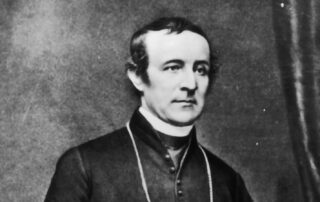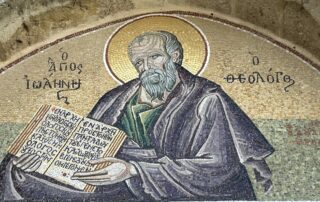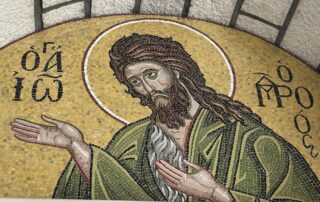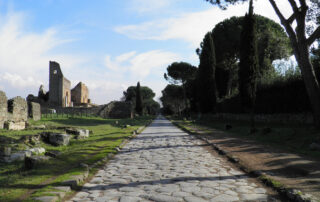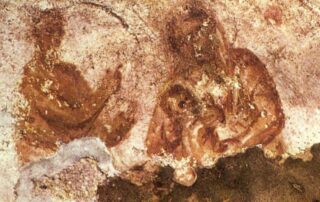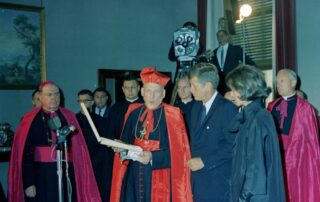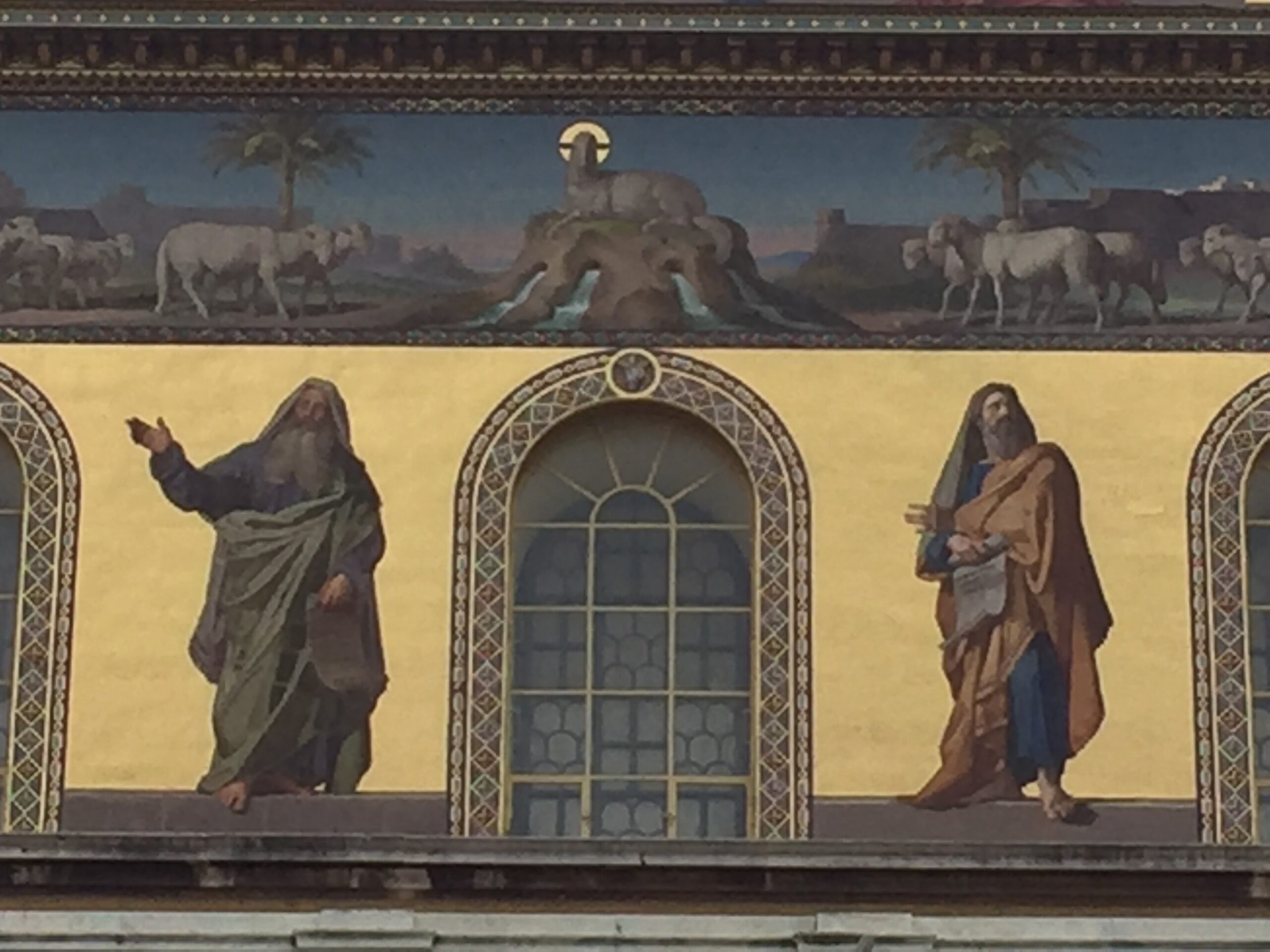We Need Another “Dagger John.”
p/c NYT My mother's four grandparents came from Ireland to the United States. They settled in Chicago by way of New York City in the first half of the 20th century. But in the 19th century, the Irish immigrants were so involved in sex, violence and drink that their mortality rate in New York City was higher than African-Americans in either Chicago or Baltimore today. City Journal (a non-Catholic production out of NYC) paints a bleak picture about the first Irish immigrants who crossed the Atlantic to the United States: “In 1847 about 40,000 died making the voyage, a mortality rate much higher than that of slaves transported from Africa [...]
